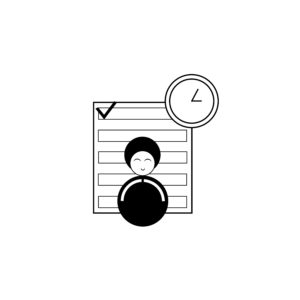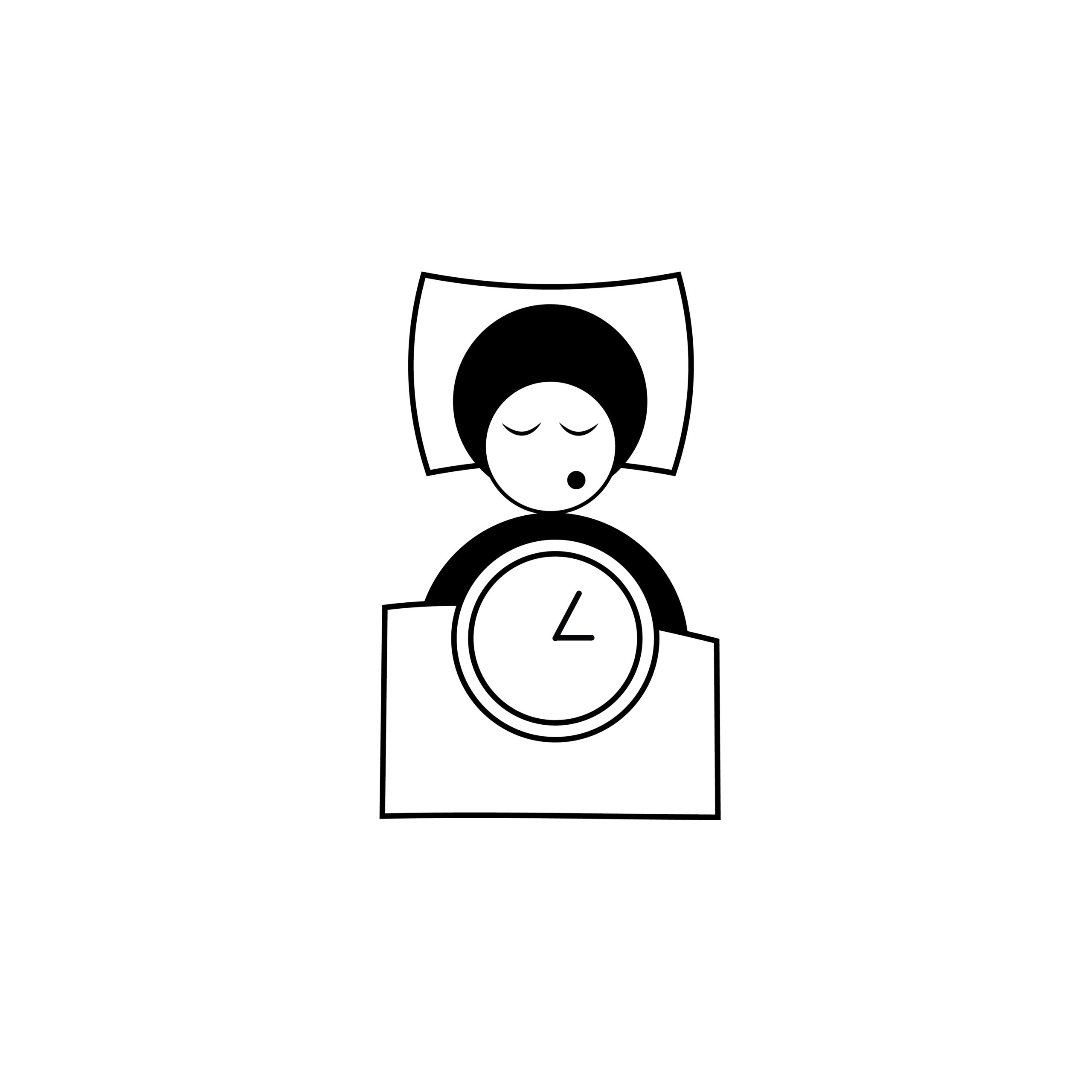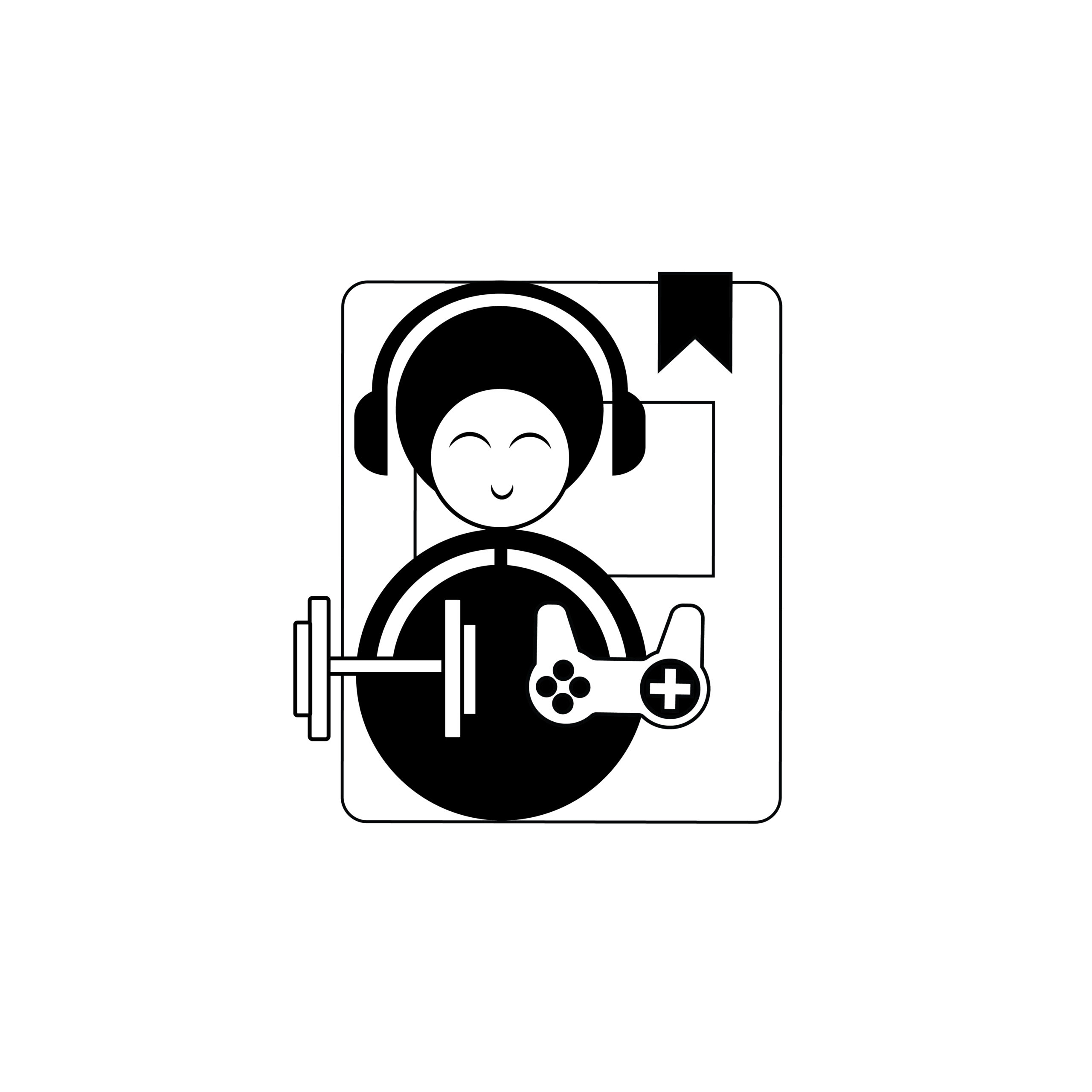The alarm rings. You sigh as you wake up to the same old sound as every morning. All that awaits you is a meeting with your team. In a call with fifty or so people, nobody will switch on on their videos. But who could blame them? Like you, they too have probably just gotten up. But while most of your colleagues had chosen to go to their hometowns as the pandemic hit the country earlier this year, you had stayed back. The internet back home was unreliable, and so you decided to brave the situation alone for the next few months. The frequent chai breaks, lunches with a friend, even the commute – all of it now seems like it happened years ago. Amidst the constant flooding of terrible news, anxiety about your loved ones and the isolation – you have become disassociated and lost.
Feels familiar? You’re not alone. The pandemic has forced all of us inside our homes. While we remain socially distant to prevent the spread of the virus, it has left many of us disconnected from our loved ones. The uncertainty, fear and isolation have affected the mental health of many. Higher cases of depression, anxiety and stress are being reported. This state of mental health has begun to affect our lives in every aspect – whether it be productivity on the professional front, or strained relationships, thoughts about self-harm and suicide. During these unusual and stressful times, it becomes even more critical to take care of our emotional wellbeing and mental health.
What is Emotional Wellness?
Emotional wellness is the ability to balance pleasant and unpleasant emotions by being mindful of our mental state and our spectrum of emotions. Emotional wellness helps us regulate our emotions, and accept the circumstances in life; our feelings and reactions to these circumstances. It can lead to a sense of satisfaction, happiness, and hope for the future.
Emotional wellness is essential for one to experience positive personal growth. It helps one become more adaptable to change, make objective decisions, and pushes one towards building healthy interpersonal relationships.
5 Ways to Ensure Your Emotional Wellness
Whether it is a short zoom call with a loved one, or picking up a forgotten hobby – there are some simple self-care steps to help cope with the times. Currently, we are restricted to living in two places – our homes and our bodies. In stressful times like this, we must take care especially of the latter, on both the mental and physical fronts. Here are some simple things we suggest to perk you up, increase productivity and help you feel better:
1). Emotions – The Elephant in The Room

Feeling stressed or anxious watching the news every day? There is no harm in turning off the TV. Finding your partner for life suddenly annoying and irritating? Speak to them, and let them know how you feel. As we are going through a time the world has never been through before, we are overwhelmed by the circumstances, and it begins to take an emotional toll on us. Let’s draw the mental distinction between things that are in our control and things that are not. The answer would emerge immediately – we can only control our responses to our emotions. And that is key to regulating them.
Whether it is the waves of anxiety and fear for your loved ones, dark thoughts about self-harm and suicide, or even the feeling of being replaceable, it is always beneficial to acknowledge both positive and negative feelings. Experts recommend maintaining a journal – writing helps us reach for the vocabulary to articulate our feelings, to name our emotions, which can become a starting point to processing them.
If you’re unable to do this alone, reach out to a loved one, or an expert medical health professional and speak to them about what you are going through. There is a double benefit of reaching out to a friend. It is during crises that the strongest relationships are sometimes forged, for the very simple reason that anxiety and suffering can chip away at the inessential, and help us all become honest about our thoughts and feelings. It’s the show of vulnerability that makes for deeper bonds – so don’t be afraid to call a friend.
2). Stay Connected

With the advent of video calls, it has now become easier than ever before to stay in touch with your loved ones. Whether it is a long Zoom call with your friends from school or a quick phone call with your parents – familiar faces and light conversations can help perk you up. Not only can they be a great mood booster, but they can also anchor you to positive feelings and people you care about when you begin to disassociate and feel lost. Find activities to do with your friends and family online. Participate in quirky social media challenges, or watch a favourite family film – socially distant does not have to mean socially disconnected.
3). Routine is Key
 While most of us still have school, college or work to attend – our timings are much more relaxed. Not having a routine makes many anxious and can leave people overwhelmed with things to do. Having a schedule puts you on auto-pilot, and is especially helpful for those bad days where you feel rudderless. Try structuring your day with work as you would regularly – start and finish at the same time with frequent breaks. Make a to-do list for all your tasks, and plan out your days. Fix times for meals, exercise, relaxation and sleep. Try not to compromise on the schedule for the week – it helps increase productivity and takes away some of the stress and uncertainty that comes with an unplanned day.
While most of us still have school, college or work to attend – our timings are much more relaxed. Not having a routine makes many anxious and can leave people overwhelmed with things to do. Having a schedule puts you on auto-pilot, and is especially helpful for those bad days where you feel rudderless. Try structuring your day with work as you would regularly – start and finish at the same time with frequent breaks. Make a to-do list for all your tasks, and plan out your days. Fix times for meals, exercise, relaxation and sleep. Try not to compromise on the schedule for the week – it helps increase productivity and takes away some of the stress and uncertainty that comes with an unplanned day.
4). Sleep Well and Regularly

Sleep hygiene refers to practices and habits that can improve your ability to fall and stay asleep. Sleep is incredibly important to our health and allows our bodies to rest and regenerate. Poor sleep is linked to many mental health problems, like anxiety and depression. Understand how much sleep your body needs and ensure you plan your day to get those hours of sleep. Shorter power naps throughout the day act as quick resets during a busy day and have been linked to increased creativity, productivity and focus. Sleep is essential to stay productive, alert, motivated, energetic and stress-free. Try sleeping in a dark room, listening to soothing music or doing some light reading before going to bed.
5). Pick Up a Hobby

Whether it was an old hobby you lost touch with, or a new skill you meant to learn for a while – now is the time to get back into it. Pick up those old paintbrushes, clean the oven dish, till the soil on your terrace or get those knitting needles out of the closet. Hobbies help you relax, offer a creative outlet and give you something meaningful to look forward to at the end of the day. Hobbies have been shown to improve productivity and mental health. Since hobbies inherently require learning new skills, you keep your brain engaged in a way that isn’t related to your work. Start your own garden, or pick up that book you’ve wanted to read – now is the time!
To Sum It Up:
There are many ways to ensure our emotional wellness. Our mental state affects every aspect of our lives – professional and personal. Acknowledge, accept and seek help when dealing with mental health issues. While making these small changes can help us in the long run, it can be hugely helpful to speak to a mental health professional. Get in touch with an expert from the comfort of your home on DocVita.
